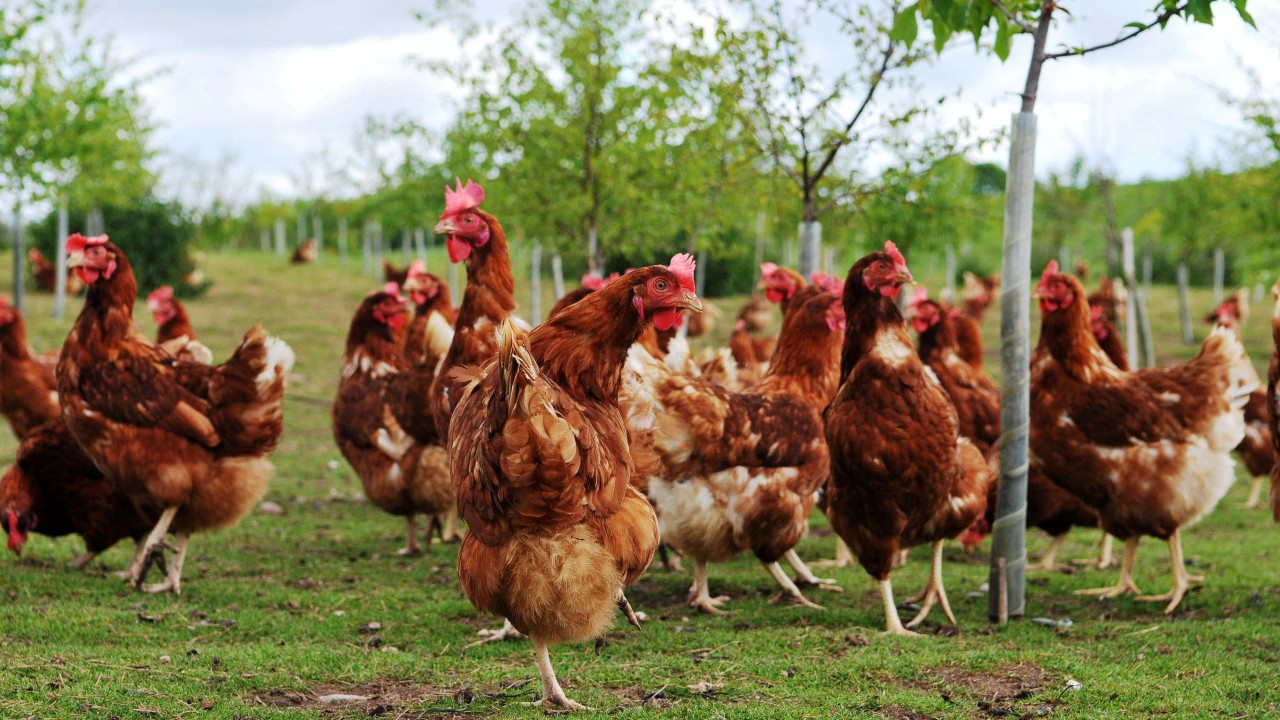Highly pathogenic avian influenza (HPAI) H5N1 – bird flu – was confirmed in commercial poultry at a premises near Cullompton in Devon yesterday (Sunday, August 7).
As per protocol, a 3km Protection Zone and a 10km Surveillance Zone were put in place around the premises. As well as that, all poultry on the premises are set to be humanely culled.
This is the second confirmed case in Devon in the space of a week; on August 5, HPAI H5N1 was confirmed in poultry at a premises near Ashburton, Teignbridge in Devon.
Furthermore, it is the fourth case in Devon in a month; HPAI H5N1 was confirmed on July 21, in commercial poultry near Dartington, South Hams and on July 8, in captive birds near Tiverton, Mid Devon.
Devon County Council has said it is aware of some cases of bird flu in the area and is encouraging the public to remain vigilant.
“The risk to public health is very low but it’s important not to touch any dead or visibly sick birds that you find,” it said on social media.
“Report dead wild birds to the Defra [Department for Environment, Food and Rural Affairs] helpline,” it added.
Bird flu is a notifiable disease.
Bird flu
There are currently, the government has said, 107 cases of avian influenza H5N1 in England.
The winter 2021-2022 bird flu outbreak has been the UK’s largest ever.
The Avian Influenza Prevention Zone (AIPZ) that was declared in November 2021 remains in force across Great Britain until further notice, with only the housing measures component being lifted.
This means, while birds are allowed to range outside, if you keep birds (whether you have pet birds, a commercial farm or a backyard flock) you must continue to take effective and precautionary biosecurity measures until further notice.
Advice to bird keepers remains to keep high biosecurity measures.

